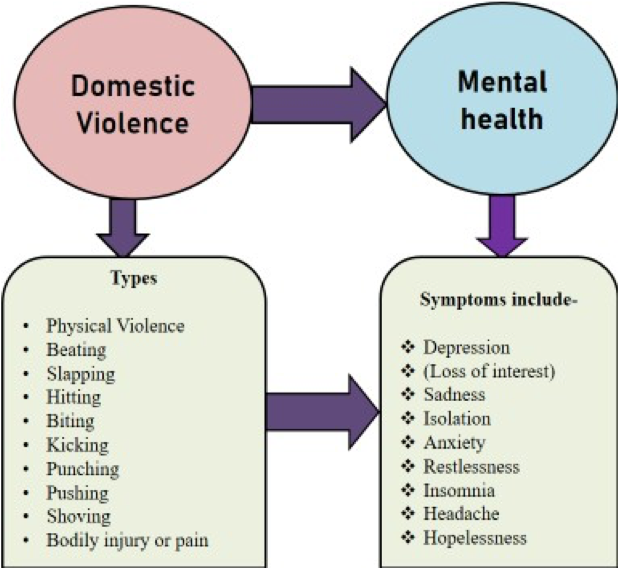Aneesa Firdaus & Ishan Shahi, Faculty of Law, Jamia Millia Islamia, New Delhi.
View Pdf DOI Link: http://dx.doi.org/10.17613/t2z1-518
The Indian government has followed a protectionist measure while devising FDI policies for the e-commerce sector. The recently launched Draft National E-commerce Policy, 2019, is another step in the same direction. The Research article attempts to lay down arguments for and against the question of whether an unqualified national treatment commitment by India in the FDI in the e-commerce sector is necessary? It attempts to analyze whether the current FDI regime on e-commerce acts like a non-tariff trade barrier, which, according to the WTO, should not be imposed unreasonably or arbitrarily. It also attempts to scrutinize the effects such protectionist measures would cause on the growth of the e-commerce sector of India. It also attempts to explore whether such policy hampers the process of Globalization.
The literature currently available on the topic does not analyze all or any of the above-mentioned questions in detail. The conclusions drawn from the research are that though India is not legally bound by WTO to remove such discriminatory policies, and though India is at liberty to not treat foreign investments and domestic investors in the e-commerce sector on the same line, it would be beneficial for the national growth, GDP, Indian consumers and for the process of globalization if India gets rid of such non-tariff trade barriers.
Keywords: FDI, E-commerce Sector, Non-tariff Trade Barriers, Globalization, WTO, Trade Principles, national treatment.









